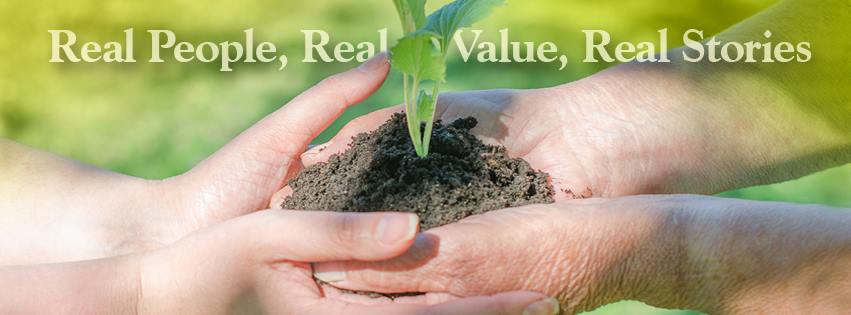How Hospice Inspired The Business Model For A Cremation Company
By Vinnie Faccinto, Senior VP of Operations and Business Development for Smart Cremation.
It wasn’t that long ago that people who had terminal illnesses were taken out of their homes and put in hospitals to die. They were “institutionalized” with little choice in the matter.
Family and friends came to comfort and pay their last respects during visiting hours, then went home to grieve, leaving their loved one alone.
Then, around fifty years ago, a relatively new concept that emanated in the UK in the late 40’s was introduced in this country. A concept that offered a more humane care for the terminally ill and their families. The concept became what we now know as hospice.
With hospice, people finally had a choice where they would spend their last days. Many chose the familiarity and comfort of their home, where visiting hours were not regulated, and registered caregivers could give individual attention to a dying person’s needs. Today those in hospice care number in the millions.
For a century or so the same “institutionalized” system that treated the terminally ill existed in death care, too. When someone died, the family went to the funeral home to make arrangements. Generally and understandably, they were under great stress and not in the best frame of mind to make decisions about how to put their loved one to rest.
That all changed seven years ago when an idea was born to give families the same control in dealing with end of life issues the way hospice had practiced since its inception. Simply put, it was “the institution” coming to the home.
Smart Cremation was founded in California by professional caregivers who realized how people who lost a loved one wanted to be treated today. That is with simplicity and dignity. They wanted the individual care and choices, along with experienced personal advice to help them make the right decisions themselves.
Today, we at Smart Cremation implement our philosophy, (inspired and practiced by hospice for decades) in Oregon, Washington and Arizona, as well as California. Our experienced personnel come to where families are most comfortable (commonly in their homes) to offer their comfort and support, and to explain the options available for internment.
As importantly, our caregivers explain the complete process; from picking up the deceased to the time they personally deliver the cremated remains in an urn to the family. We also take care of all the paperwork and legalities, supplying all information on what to do and who to call. Not only do our service people make themselves available to answer questions throughout the process, but will do so in the weeks and months and years to come.
At Smart we also understand the importance of families not having to make decisions about what their loved one’s final wishes would have been. We firmly believe again that the individuals themselves should make these decisions before they pass away; thus saving those close to them from having to make them at the saddest times of their life. We offer pre-arrangement plans that are all-inclusive, individualized, and affordable. And we do it in the privacy of the individual’s home.
In the short time since introducing this new concept in death care, Smart Cremation has already helped over 30,000 families in at-need circumstances and pre-arrangement planning. But like many ideas, we are succeeding because we understand that caring, compassion, and professional help is what most people need when having to deal with the inevitable. It’s a concept that hospice has understood and practiced for many more years. And one that we are proudly practicing today.



